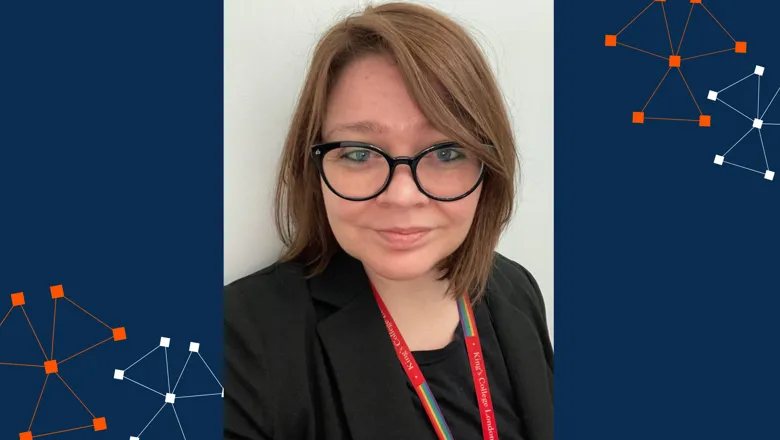08 March 2024
In conversation with Julia Blower
Julia talks to us about the newly opened CARL facility, her research in radiochemistry, and finding a passion for teaching and training.

Julia Blower is the Strategic Manager of the Cyclotron and Radiochemistry Laboratory (CARL) facility. The national facility specialises in radionuclide production and radiopharmaceutical chemistry development for preclinical applications.
“The UK landscape for nuclear medicine is changing – we have been heavily reliant on overseas suppliers of radionuclides, but this supply is no longer stable. This has implications for routine nuclear medicine diagnostics and therapy, but also research and development of new radiopharmaceuticals. Cross-sector networks such as the UK PET Network and Radionuclides for Health UK have been advocating for a stable supply of medical radionuclides in the UK.
The CARL facility has a clear role to play at the interface of these national developments, both in the development pipeline and supply of new radionuclides and radiotracers towards clinical translation,” Julia says.
While Julia’s current role is more strategic and operational than research-based, it is her extensive radiochemistry research experience that has led her to this position. Julia completed her PhD in imaging sciences at King’s College London, focussing on the development of fast, novel radiochemistry for short-lived radionuclides (radioactive isotopes that undergo very rapid decay, emitting radiation which can be imaged using PET scanners) to make biologically useful radiopharmaceuticals for imaging research and nuclear medicine.
“At the time, this area was under-explored, and understandably others were not always convinced of its value in medical imaging. However, 10 years on, now we have the new technology of Total Body PET coming to the field (and specifically to King’s!), I’m convinced there will be a renewed interest and appreciation of the value of radionuclides with very short half-life – they offer significant advantages in medical imaging. I had a lot of fun with this research and would love to get back to it one day!” Julia says.
As a research fellow, Julia spent 14 months learning new techniques in radiochemistry and radiotracer evaluation at the Memorial Sloan Kettering Cancer Center in NYC. She then returned to a post-doctoral research support role at KCL where she facilitated research within the department and the University more widely, as well as collaborations across other institutions.
“An important part of these staff-scientist-type roles is the teaching and training of staff and students, both lecturing in the classroom and hands-on in the lab. I loved that part of the job, and hope to bring that to my role as we grow the CARL facility,” says Julia.
Julia plans to develop hands-on training in radionuclide production and radiochemistry techniques at CARL. “Opportunities to learn these techniques are increasingly rare and practically challenging, particularly in clinical environments. The CARL facility is research-only, operating outside GMP regulation and provides the perfect space for the critical hands-on training needed to sustain the technical expertise in the UK and further afield.”
Julia has already successfully delivered one workshop through CARL, for PET Centre technical staff across the UK, with others planned. She envisions these workshops and short courses will become part of formal teaching programmes in the future.

